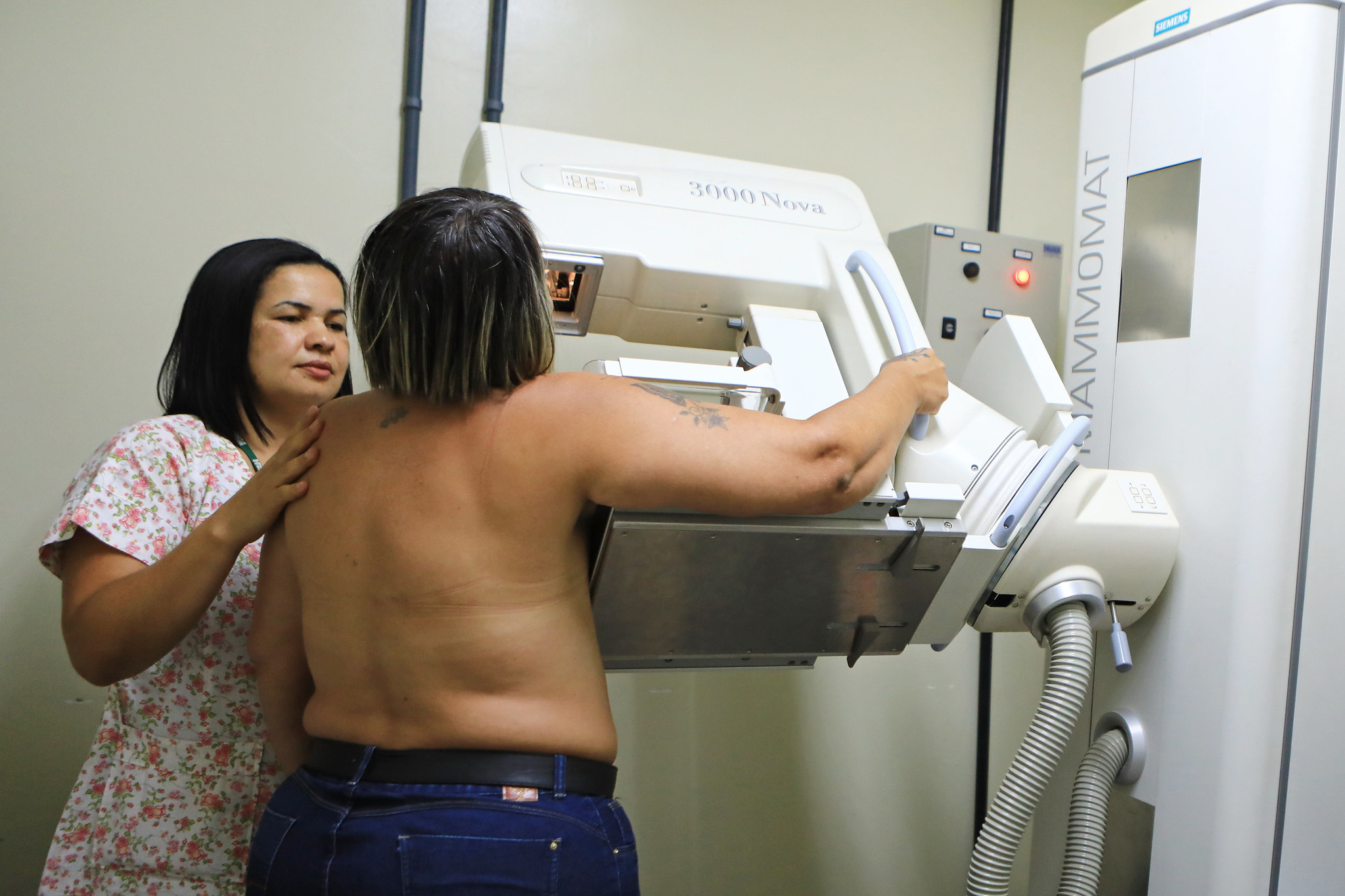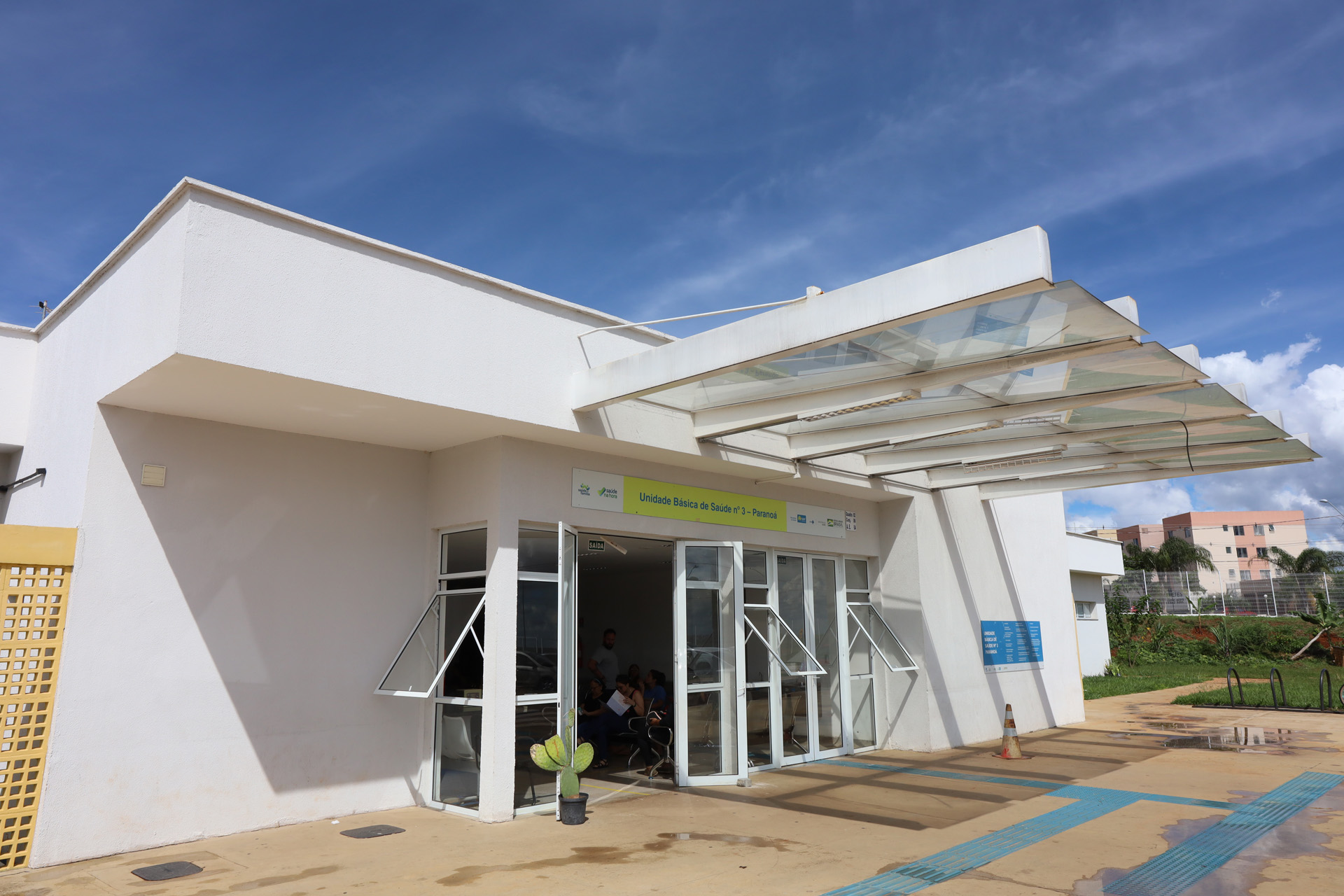“We are building pathways not only for treatment, but also for early care of breast cancer,” the Minister of Health of the Federal District, Luceline Florencio, opened the CB Debate event on Thursday (24). Health workers discussed the topic “Breast Cancer: A Network of Care” in two panels, in the Brazilian Correio Hall, at the headquarters of Diários Associados, in Brasilia (DF).
The Minister of Health said that the Federal District is the first pioneer in the country to offer New Generation Sequencing (NGS) testing through the Unified Health System (SUS) to identify genetic variants associated with hereditary breast and ovarian cancer. The Molecular Biology Laboratory at the Brasilia Supportive Hospital (HAB) has begun performing genetic mapping tests. “Now, these patients who have a family history of cancer can have their DNA evaluated, and if there is a positive tumor gene, we can provide unique and individualized care and anticipate that. This test exists in four states, but only in the Federal District it is done,” the minister explained. Do it for free.
According to Luceline Florencio, cancer remains a cause of fear in global public health. There is an increase in the number of cases and also in the number of deaths. “Our path is to work on early diagnosis, and that is what we focus on so that we have a 95% chance of recovery.”
The Breast Cancer Screening Gateway is a network of 176 basic health units (UBSs). If there is suspicion of breast cancer, the woman is taken for examination. In other words, it is regulated for mammography. “SES has 10 mammography machines suitable for patients with mobility difficulties and wheelchair users. Our mammograms are adjustable and detect small lesions. Therefore, it is important for women to know their bodies and do self-examination.
Currently, 932 women are eligible for mammograms. The queue is dynamic and service is provided quickly, not characterized by pent-up demand. This is because the public DF network performs more than two thousand examinations per month using ten mammograms.

Oncology pharmacy
The Minister of Health indicated that at the beginning of this month, the first outpatient pharmacy specializing in oncology treatment was opened in the federal region. The unit operates at the Hospital Regional de Taguatinga (HRT) and is ready to serve SUS patients from all DF and surrounding areas. “Our endeavor is to provide complete assistance in the oncology care line,” he emphasizes.
The space is next to the outpatient clinic, next to one of the HRT exits, near the oncology sector. The idea is to facilitate access for all patients, with services offered Monday to Friday, from 7:30 am to 12 noon and from 1:30 pm to 5:30 pm. To receive the medication, you must present your SUS card, prescription and authorization.
Breast cancer data
In Brasilia, more than a thousand new cases of breast cancer are expected this year. According to the National Cancer Institute (INCA), it is expected that 73,600 new cases of the disease will be recorded by 2025, causing 18,000 deaths. Although rare, breast cancer can also affect men, accounting for about 1% of cases.


“Wannabe internet buff. Future teen idol. Hardcore zombie guru. Gamer. Avid creator. Entrepreneur. Bacon ninja.”

